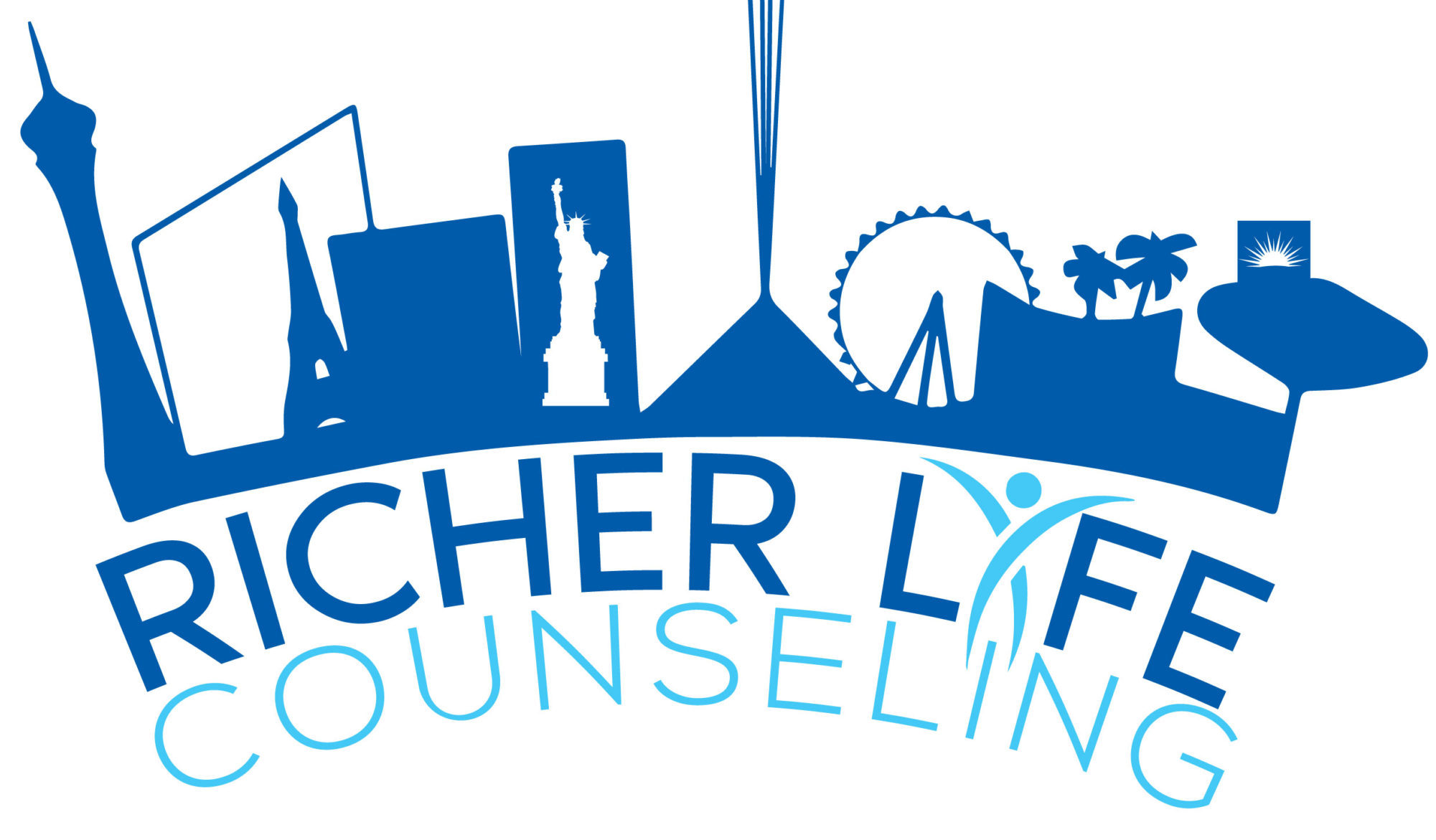What Is Self-Compassion?
According to Kristin Neff, a self-compassion researcher, self-compassion has 3 components:

- Self-kindness
- Recognizing one’s own humanity
- Mindfulness
Self-kindness is as it sounds–being kind to yourself. Refrain from criticizing yourself. Treat yourself as you would a friend or family member. All people are not perfect–all people experience pain. This is the recognition of one’s own humanity. Mindfulness is about being in the present moment, without judgment. It means having an awareness of one’s experience, even the painful ones.
How Does Self-Compassion Differ From Compassion?
It doesn’t really. When you have the capacity for compassion for a suffering friend, family member, or even the person holding a sign at the light that says, “please help.” then you have the capacity for self-compassion. Think about an experience you have had with someone who lost their spouse, lost a pet, lost their job, was broken up with, failed an important exam–the list goes on–then think about what their experience and emotions were like for you. When your friend is crying, does it move you emotionally, perhaps nearing tears yourself? If your daughter just experienced a painful breakup, would you judge her pain or criticize her experience? I’ll bet your answer is “no, I would not.” Compassion drives us to reach out and means we have the ability to understand the other person’s experience and sit with them during the pain. What kind of words or actions would you offer someone who is suffering?
Self-Compassion Is About You
Self-compassion is about treating yourself like you would a friend or family member, so when you are suffering, speak kindly to yourself. Going back to a breakup example, you wouldn’t say to a daughter going through a breakup, “well, if only you had done better he wouldn’t have broken up with you.” You would most likely speak very kind and offer words of encouragement, which is what occurs in moments of self-compassion. Pay close attention to how you speak to yourself. Are you kind or do you criticize yourself? We all share the reality of the human condition. You’re not perfect nor am I. It’s okay to say, “I’m not perfect. I’ll make mistakes.” Are you able to look in the mirror and say, “I’ve done the best I could given the situation” or do you say, “If only I weren’t so dumb.” Do you view yourself as worthless or worthy?
What Are The Benefits Of Self-Compassion & Why Is It Important?
A negative view of one’s self, your experiences and how you speak and treat yourself can have a huge impact on your mental health. Researchers are finding self-compassion can help in the following ways:

- Posttraumatic stress recovery
- Prevents caregiver burnout
- Reduced negative thinking
- Decreases anxiety
- Promotes positive change and growth
- More optimistic
- Increase feelings of happiness
- A greater sense of belonging
- Steps to be better at self-compassion:
How To Develop Self-Compassion
Just like learning any new skill, there is action and steps to be taken on your part. First, find out how you rate. Neff developed a self-compassion scale to measure one’s self-compassion. You can also engage in self-compassion exercises. Here are some activities to help you develop self-compassion.
- Take Kristin Neff’s self-compassion test
- Write a letter to yourself, from the point of view of a close friend or family member.
- Journal/write about a negative experience and combine it with what you’ve learned about positive self-talk versus negative.
- Engaged in guided meditations
To learn more about Kristin Neff and her research, and to find additional information and self-compassion exercises.

Remember, self-compassion is not the same as self-esteem. Self-esteem is an evaluation of one’s worth or abilities. If you have found that you view yourself in a negative light, speak harshly to yourself, and often have compassion for others but not yourself, reach out to me today. I’m a skilled therapist who can help you identify negative patterns of behavior, process traumatic experiences, and get you on a path to a healthier lifestyle.
If you are ready to start developing self-compassion contact us today so we can help you.
Contact us today by calling or texting 702-518-1546, email, or booking a session by hitting the appointment request button. We can normally get you into a session within 24 or 48 hours.
We offer both online therapy (learn more about online therapy here) and in-person therapy at our Las Vegas office. Our office is located in West Las Vegas right off the 95 & Rainbow. Our address is 222 S. Rainbow Boulevard | Suites 113-114 |Las Vegas NV 89145
- What Is Your Banana? - August 10, 2021
- Premarital Counseling - June 24, 2020
- Why Therapist Ask: How Does That Make You Feel? - June 2, 2020

